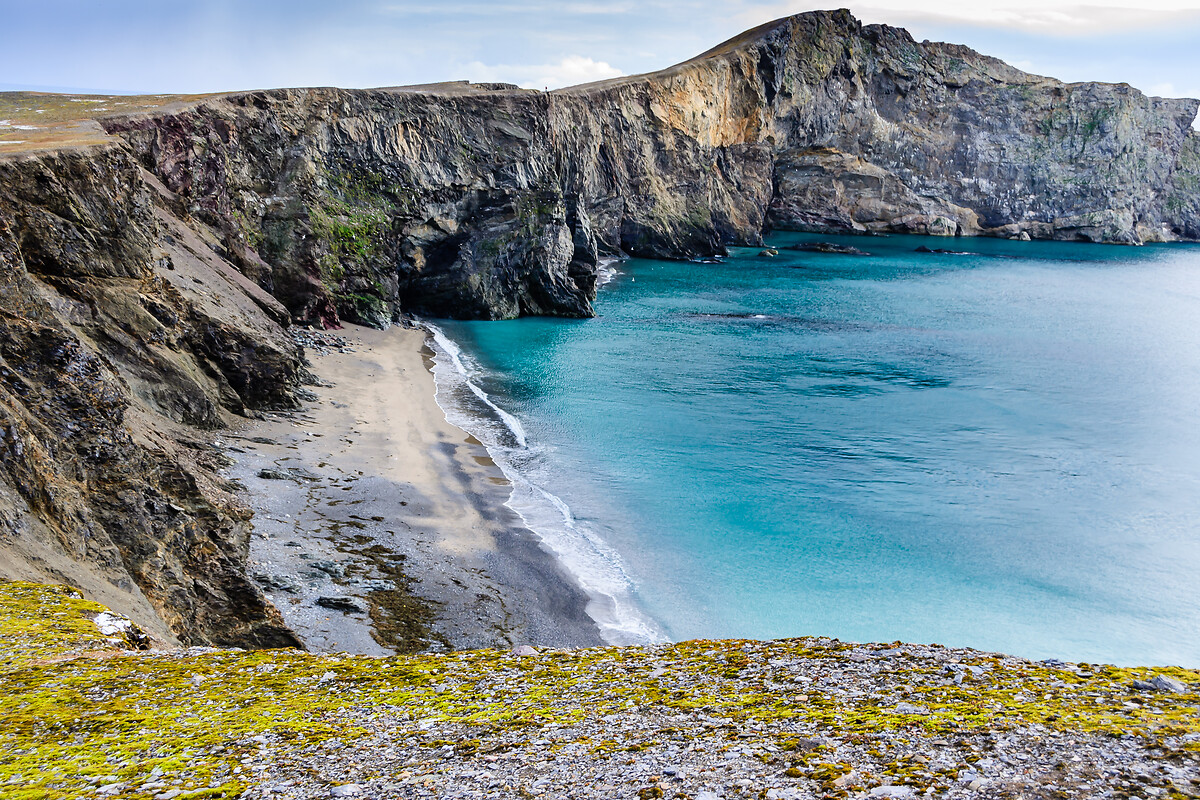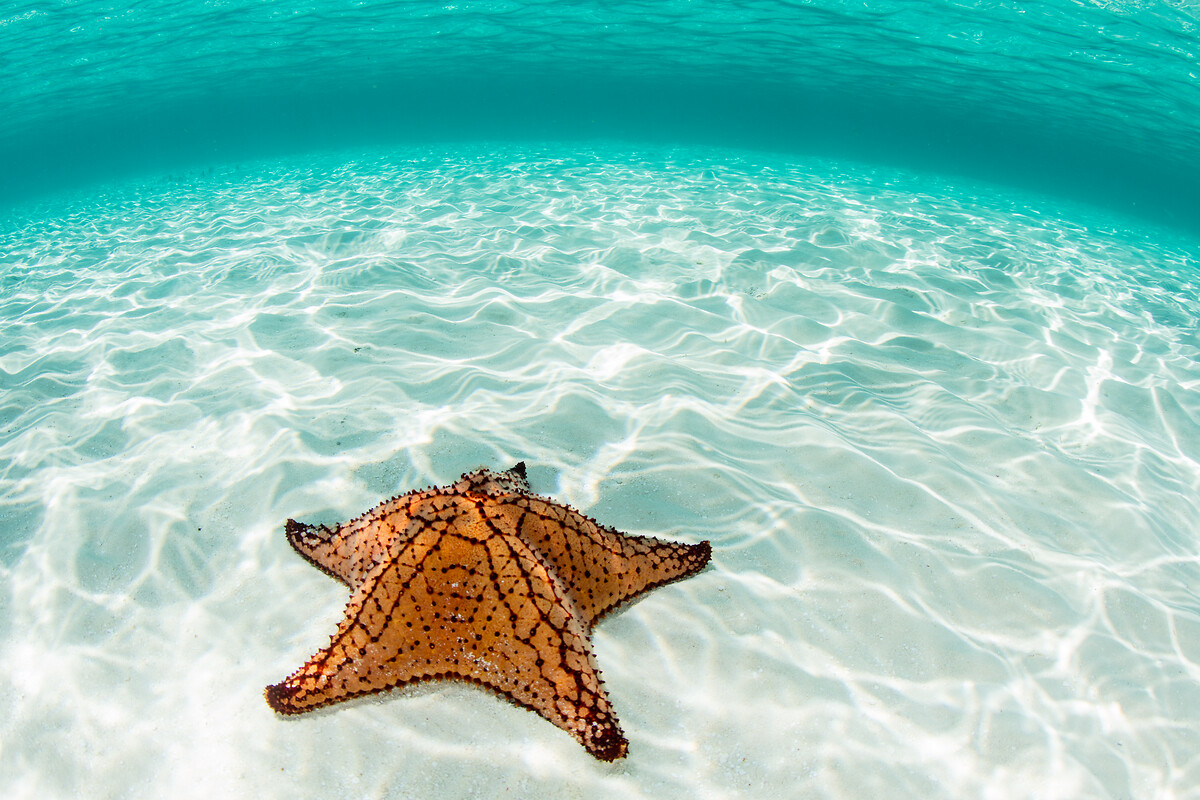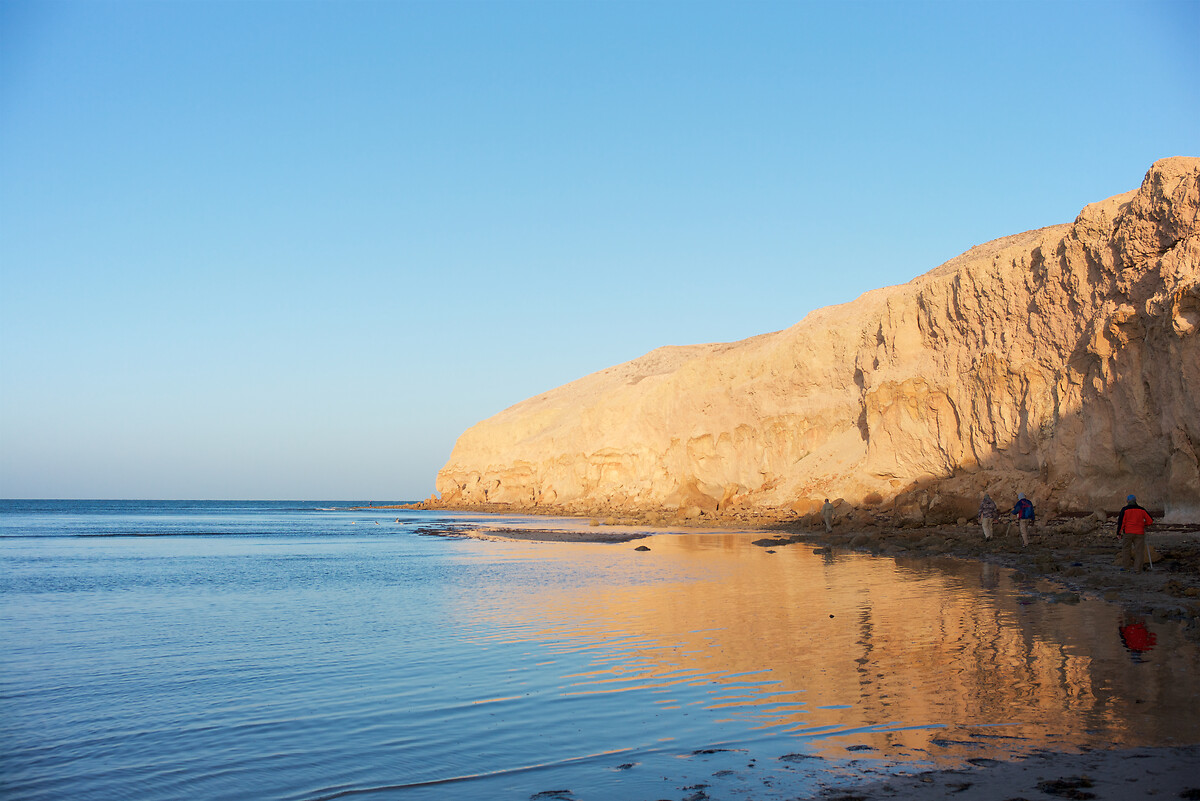> Tags: Marine protected area
> Themes: Biodiversity, Fisheries and aquaculture
> Country: Spain
> Last updated: 04 June 2020
Download PDFPolicy in practice
The Medes Islands, situated in the heart of the Costa Brava, Catalonia, Spain, constitute one of the principal marine protected areas (MPAs) in the western Mediterranean and an important source of income (i.e. scuba diving represents up to 70% of gross domestic product for some villages). Protection of the marine area dates back to a decree of 1983, which prohibits fisheries and the extraction of live marine resources in a zone of 75 metres around the islands. This protection was extended in 1990 establishing the Marine Partial Nature Reserve which prohibits all forms of fishing and marine resources harvesting, and the possession of fishing gear.
In 2010, the reserve was transformed into a much larger marine and terrestrial (coast, river mouth and mountain area) natural park allowing integrated regulation and protection of the area. Certain restricted traditional and recreational fishing activities are permitted within the natural park and buffer zone. The extension was important to improve the environmental status of the MPA, to enable integrated management, and to help lower the tourism pressure on the Medes by encouraging nature-based responsible tourism.
Outside the Medes Island MPA there are several pressures affecting biodiversity and fishery production. While it is recognised that the MPA has met its objective of protecting vulnerable fish species and recovery populations to the level of its carrying capacity, this effect is not seen outside the strictly protected zone, which is likely due to illegal fishing practices in the buffer zone and the less restricted nature park. The cumulative effects of overfishing (and the problem of controlling and regulating fishing at a compatible level with the resource base), pollution, climate change and other stressors on the socio-economic system are causing: a reduction in the importance of the fishing sector as profits decrease, the extinction of traditional ways of fishing as a cultural heritage, and a possible loss of visitors due to an increase in jellyfish
blooms or reduction in the quality of the touristic experience. These blooms also impact on the fishing industry as jellyfish are interacting with marine food-webs and interrupting some of the early stages of commercial fish species development by predation.
Key policy message
Combining marine protected areas (MPAs) with properly designed rights-based fisheries management strategies has the potential to optimise both conservation and fishing goals.



